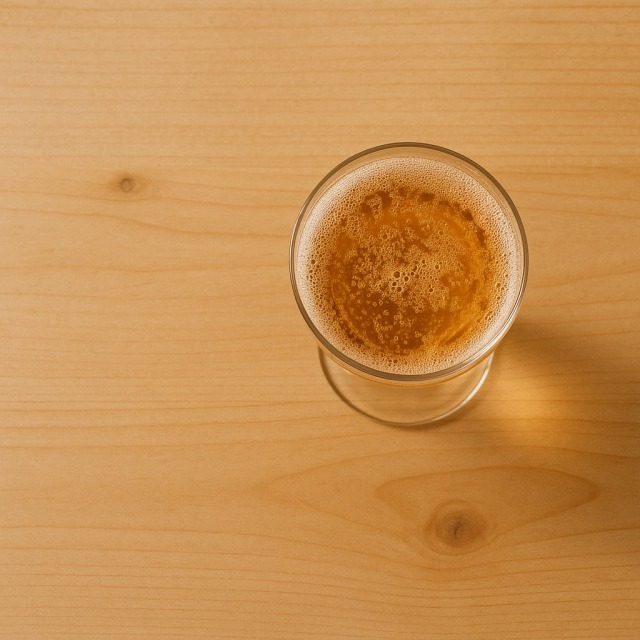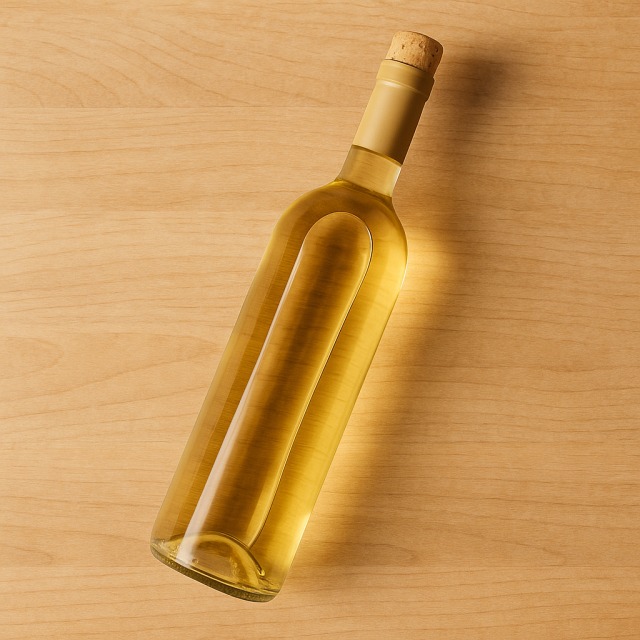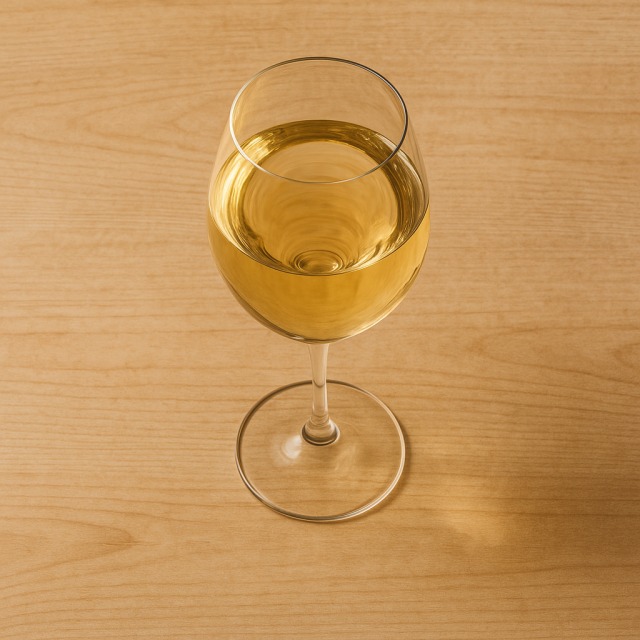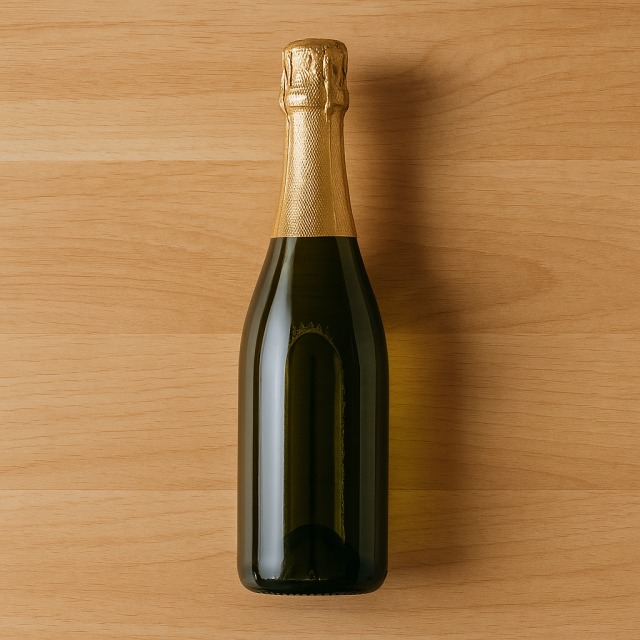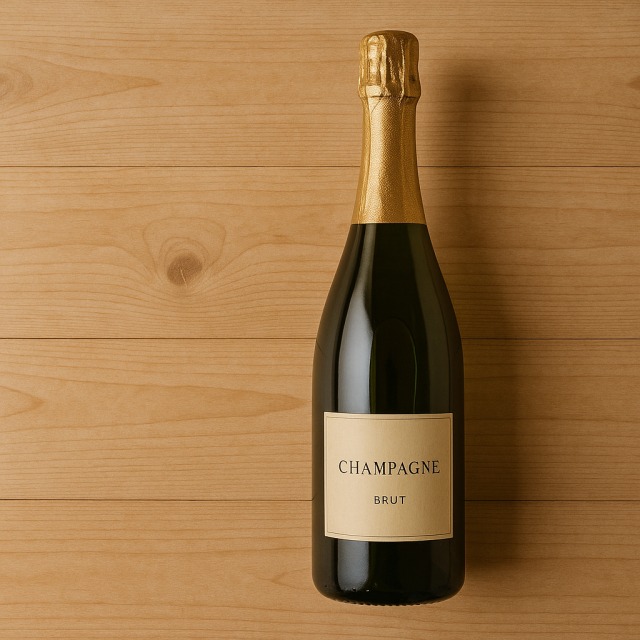Calorie Chart / Beverages / Kir
How Many Calories Are in Kir?
Calculation of the nutritional value & Recommended Dietary Intake of kir
For ml and a calorie requirement of kcal
| Calories 85 kcal | Proteins 0 g | Lipids 0 g | Carbohydrates 2.5 g |
| 4% | 0% | 0% | 1% |
Health benefits of kir
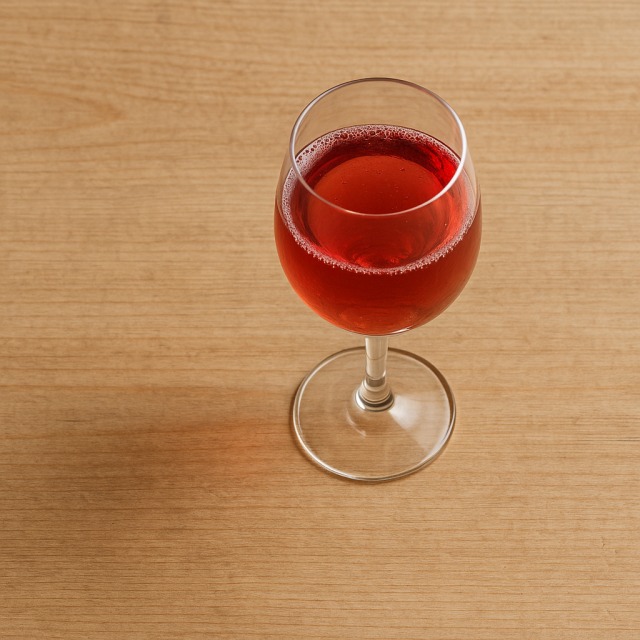
Kir - 100ml
Calories 85 kcal
Proteins 0 g
Lipids 0 g
Carbohydrates 2.5 g
With 85 kcal per 100 g, kir falls into the moderate-calorie beverage category, a useful fact for anyone who tracks calories before an aperitif. Thanks to the presence of crème de cassis produced from blackcurrant, this drink provides small but measurable amounts of vitamin C and anthocyanins, natural pigments with antioxidant properties that may help limit oxidative stress (a supposed benefit that still needs further study). Although its calories come almost exclusively from alcohol and sugars, the absence of proteins and lipids makes the calorie count easy to integrate into a daily budget.
White wine—the base of kir—offers traces of potassium and polyphenols; combined with the blackcurrant liqueur, it yields a beverage richer in aroma yet still limited in calories compared with stronger spirits like cognac. Choosing kir rather than a sweeter cocktail can therefore save calories while retaining flavor. Moderation remains essential because alcohol calories are often forgotten when people calculate their total calories for the day.
Created after the Second World War by Félix Kir, mayor of Dijon, the mix was originally called "blanc-cassis" and became the symbolic toast of Burgundy. Knowing this historical context does not change its calorie content, but it does illustrate how a moderate-calorie drink can gain cultural prestige. Remember that hydration and responsible drinking are still key even when a drink seems light in calories.
Tips for incorporating kir into a balanced diet
If you want to enjoy kir while keeping your calorie intake under control, pour a 90 ml serving (about half a wine glass). That portion delivers roughly 76 kcal and leaves room in your calorie budget for nutrient-dense nibbles. Always alternate with water to avoid adding extra calories unconsciously.
For a balanced aperitif plate, serve chilled kir with raw vegetable sticks such as cucumber or carrot, accompanied by a small bowl of tapenade. The fibers and healthy fats help slow alcohol absorption without inflating calories. Another elegant match is a handful of lightly salted almond kernels or slices of smoked salmon on rye bread; both deliver proteins that offset the empty calories from alcohol.
Looking for variety? Turn your kir into a "kir royal" by swapping white wine for sparkling wine: keep the same volume to control calories. You can also integrate the drink into a low-calorie dessert by macerating fresh strawberry halves in a tablespoon of kir, then topping with a squeeze of lemon juice. Each of these ideas keeps an eye on calories while maximizing flavor.
Frequently Asked Questions
- How many calories are in kir?
- Kir provides 85 kcal per 100 g.
- How many calories are in a standard 120 ml glass of kir?
- A 120 ml serving supplies about 102 kcal, a figure you should include in your daily calorie tally.
- Does kir have more calories than plain white wine?
- Yes. Most white wine averages 75 kcal per 100 g, so kir's 85 kcal means roughly 10 extra calories due to the crème de cassis.
- How can I burn off the calories from one glass of kir?
- Walking briskly for 20 minutes or cycling gently for 15 minutes will typically expend the ±100 kcal contained in a 120 ml glass—useful if you monitor calories burned versus calories consumed.
- Is kir compatible with a low-calorie diet?
- Occasional, measured servings can fit into a low-calorie plan, provided you count the calories accurately and balance them with nutrient-rich foods and water.
Similar foods
Alcohol consumption may be harmful to your health. Please drink responsibly. Do not drink and drive. Not recommended during pregnancy. Must be of legal drinking age.
Information provided by Calorie Menu may contain inaccuracies or errors. It cannot, under any circumstances, substitute medical advice or medication.
